
Prophets, especially the most famous Biblical prophets can seem out of reach. They are not only important figures separated from us by the vast span of time, but seemingly mystical, or outside of the normal scheme of life, too. It can feel like they are elevated somehow by a connection with God that we cannot reach. But in many ways this sense we so often have of them is false.
Once, during the Covid lockdown that covered the city I live in for over a year, I was talking to my priest about prophets. We were walking along a canal, six feet apart, and I was telling her how much the Prophetic books of the Bible were speaking to me in this difficult time. How funny it was that these strange people, speaking to such distant times and needs, seemed so relevant to me, now.
I cracked a joke about how, if I were a prophet, I’d have been far more prepared for the problems we were now living through. That I might have foreseen the rush to stock up on toilet paper, or the lack of fresh fruit. She laughed, and then looked at me quite seriously, before telling me something that would fundamentally change my perceptions of prophets, and of queer activism.
You see, if you actually read the Bible closely, most prophets don’t spend their time just telling the future. Not in the “God told me it’ll rain on Tuesday” kind of way. Instead, they cut through the chaos and haze of the present time, and then share the truths they find with others, regardless of the consequences.
Prophets are, at their core, truth tellers. They are not swayed by social mores, or human expectations, instead they listen to God’s call, and God’s word, and they speak and act on that, even when it is dangerous to do so. Even when it costs them their lives.
In a way, I think, that makes all queer people prophets – especially those of us who are called to the Christian faith. We prophecy every day, not in the modern understanding of Prophecy – the telling of the future, and the predicting of simple things – but in the Biblical understanding: of truth telling. When the world denies God’s call on us, as queer people to attend, and even lead churches; When the gifts of the spirit we are so clearly granted are overlooked, or repudiated by those of us who do not wish us to speak our truths in Christ; When we stand up, and speak, of who we are, of who we love; We prophecy.
To transition is an act of prophecy. To march in pride is an act of prophecy. To demand better from a world that rejects God’s gifts, and the vastness of God’s creation – that is an act of prophecy.
I hope the incredible lives of the Biblical prophets can encourage us all to continue prophesying ourselves. To continue declaring the truth, again and again. I hope that we all continue to speak until not even the powers that oppress us can stand under the cacophony of our voices. Until the heavens themselves shake with the raw power of revelation.
Because we are all a revelation. And what we reveal is the grace and love of God, even in these most difficult times. And in so many ways, isn’t that a kind of miracle?
–Jay Hulme
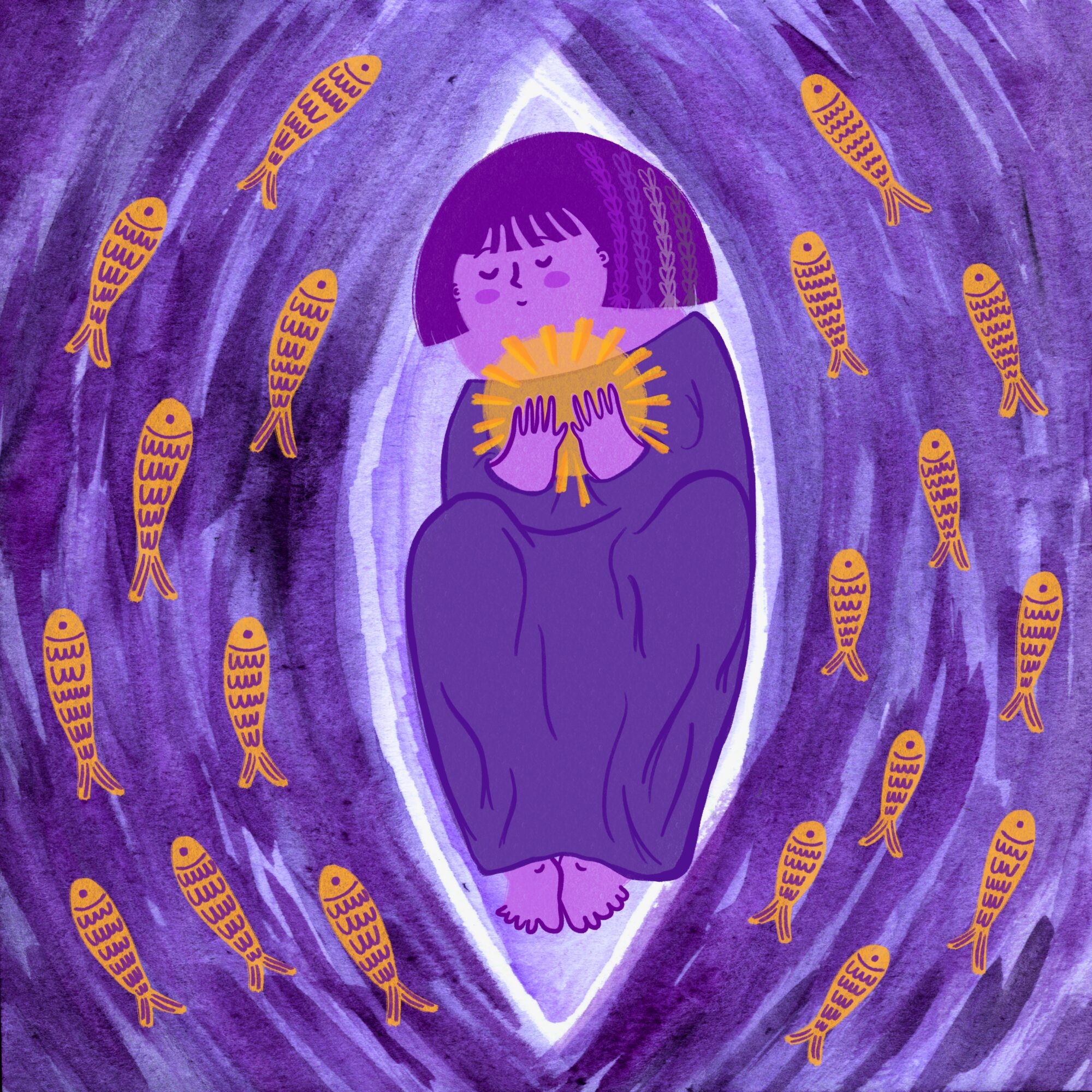
I wasn’t sure if I should say yes to doing this series of illustrations. The prophets of the Bible I grew up with are known for being xenophobic, nationalist, sometimes violent and often judgemental. Queering them would mean trying to look through and beyond verse upon verse of inflicting death and destruction to the enemies of Israel. A quick image search gave me images of vaguely Caucasian and fair-skinned Middle Eastern men from middling age to old patriarchs with long flowing beards. My only extended experience of telling stories from the Bible in contemporary ways came from my brief stint as youth librarian of a lockable white IKEA bookcase. I spent hours reading Max Lucado’s stories of Christ in modern dress, parables of mop buckets and sandwich signs…I couldn’t go back to these stories as a queer person in fear of a God and His followers that I could not trust.
More
The biggest challenge for this series was taking a very patriarchal and overtly heteronormative list of male prophets - and thinking of how I could even crack open the binaristic world of “us” and “them” that is typical of the prophecies about Israel. Isaiah gave me a gentler start as he had a wife, unnamed in scripture, who was called the prophetess. I wanted to see Isaiah as someone who existed as a genderqueer person, and for their society was both prophet and prophetess. The aesthetics of gendered identities just serve to highlight for others what we feel about ourselves - and I wanted a little whimsy with this. There is a Barbie blonde wig on the table in a setting inspired by the Blue Mosque.
More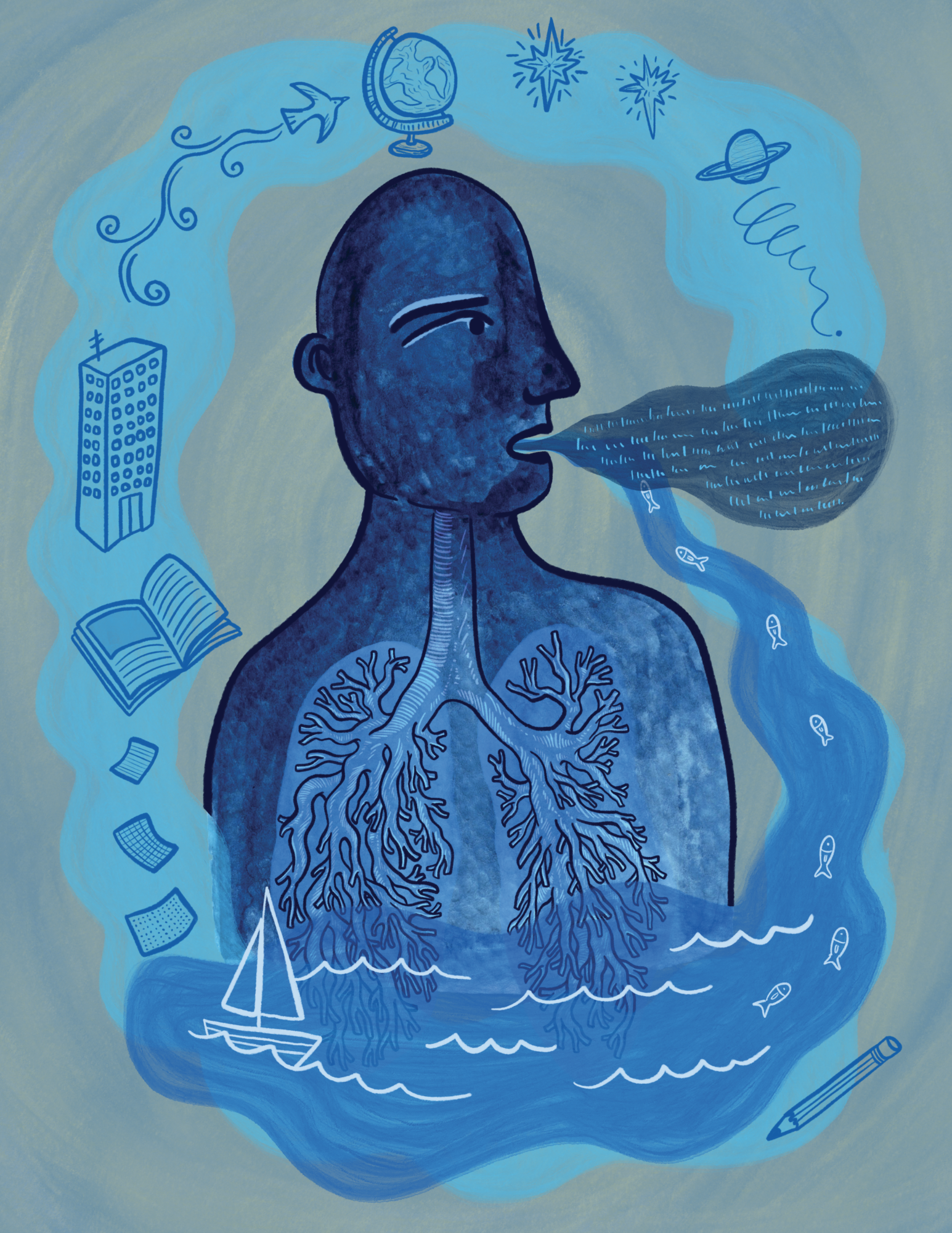
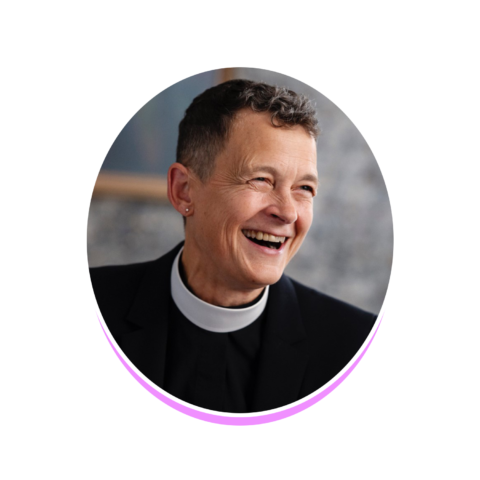
Recently freed from the grip of the Assyrian empire, consumed by giddy nationalism, Judah whipsawed between two competing visions of what it meant to be God’s people. The Mosaic covenant established at Sinai was clear: if the people wanted to thrive, they had to follow God’s commandments. But Judah also yearned for the bygone days of King David’s glorious rule, remembering God’s promise of perpetual support for the Davidic monarchy. Adherence to covenantal faith fell victim to self-assurance that Yahweh would support the king in Jerusalem no matter what. Commitments to justice, radical hospitality, and care for the marginalized fell by the wayside. In their homes, many people casually adopted cultic practices associated with other gods. Politically-connected prophets assured people that they could follow nationalistic impulses with impunity as long as it was all done in God’s name.
More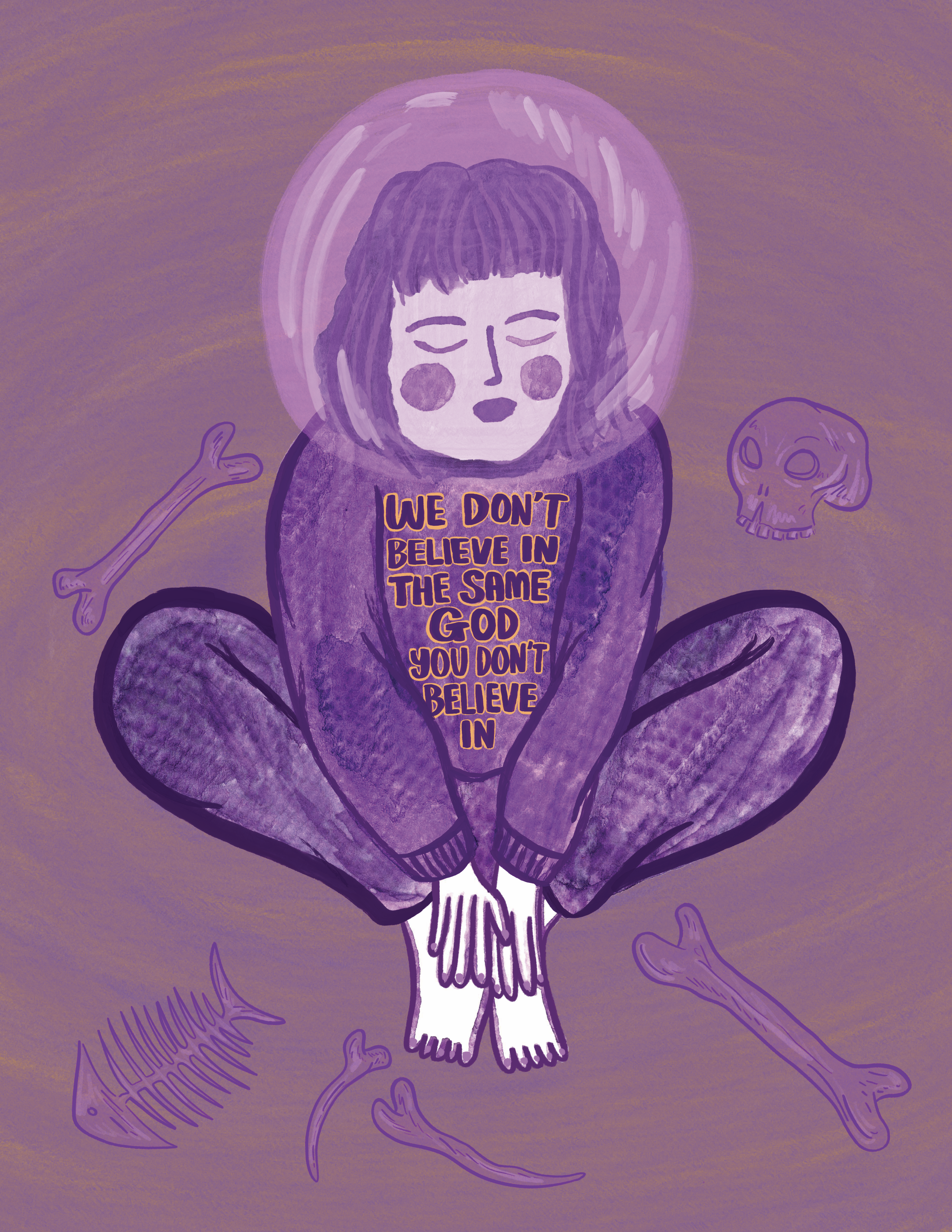

Throughout the book of Ezekiel, he finds himself, along with others, trying to figure their way through the exile after the Babylonians had attacked Jerusalem. The prophet Ezekiel is known to have some fantastical and vivid visions of the God’s presence in the midst of their exilic experience. These visions take him on a trip where God plays out a drama of exile, judgment, death, and restoration. Most notably are the visions of the spinning chariot of fire surrounded by multi-faced creatures and then the vision of the valley of dry bones. The visions began when Ezekiel was sitting by the riverbank and continued through the eventual restoration of Israel.
More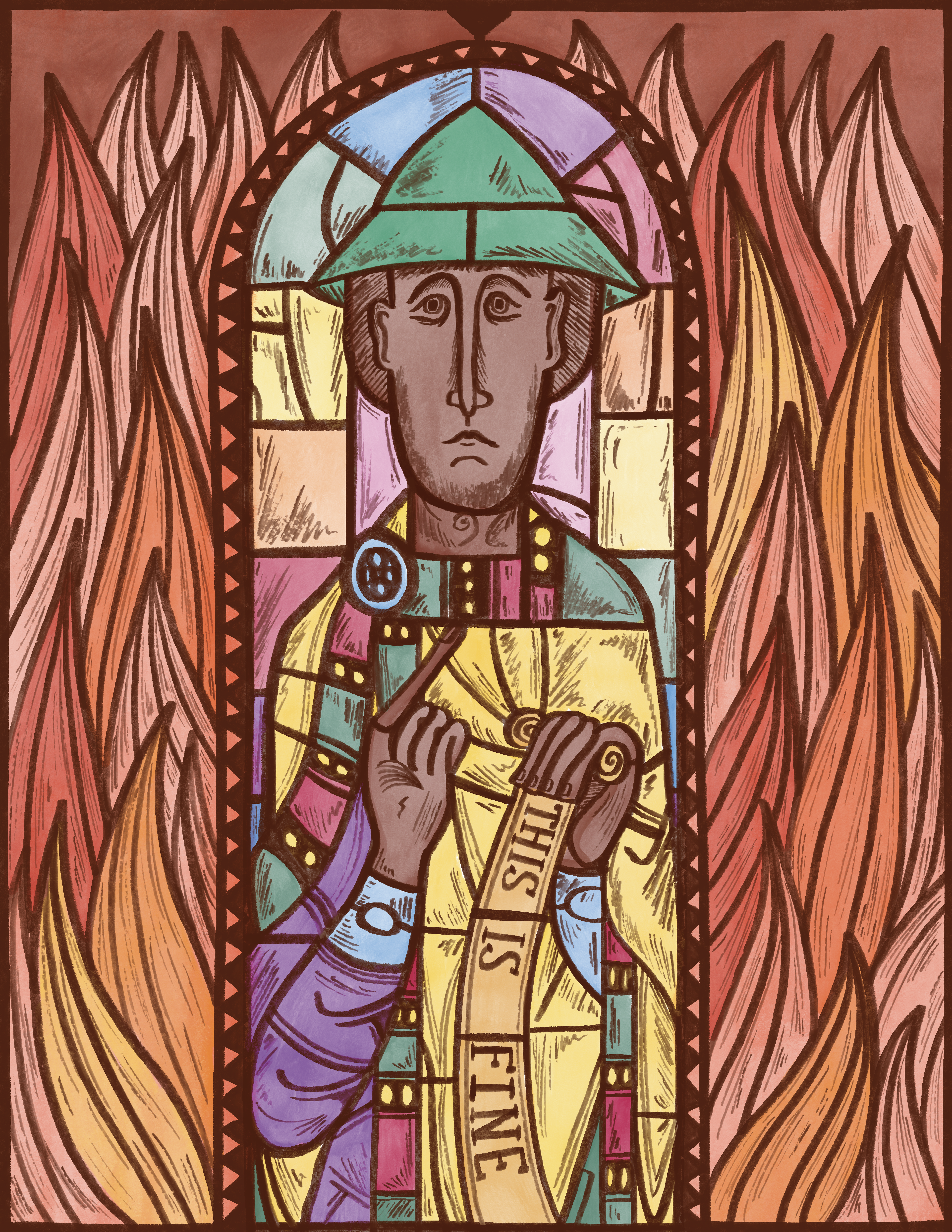
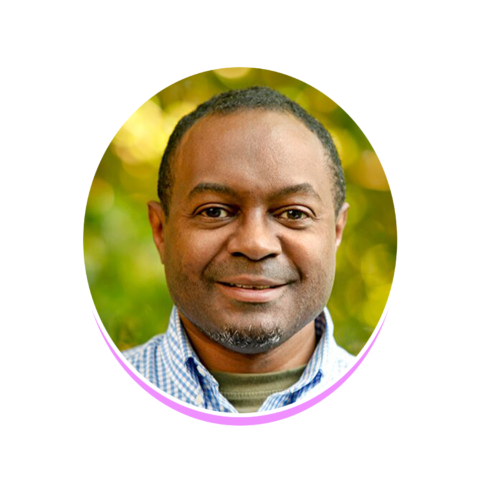
What does it mean to “queer” a prophet? When I told people about the challenge I was facing to “queer Daniel,” I got some interesting reactions. My husband wanted to know if I were talking about the Daniel associated with the lions. He was interested in some queer angle involving large felines that he hadn’t been taught in Sunday school. A skeptical mentor (himself a queer pastor) suggested that I would have to perform a blatant act of “eisegesis,” reading into the texts motivations and inclinations not integral to the text.
More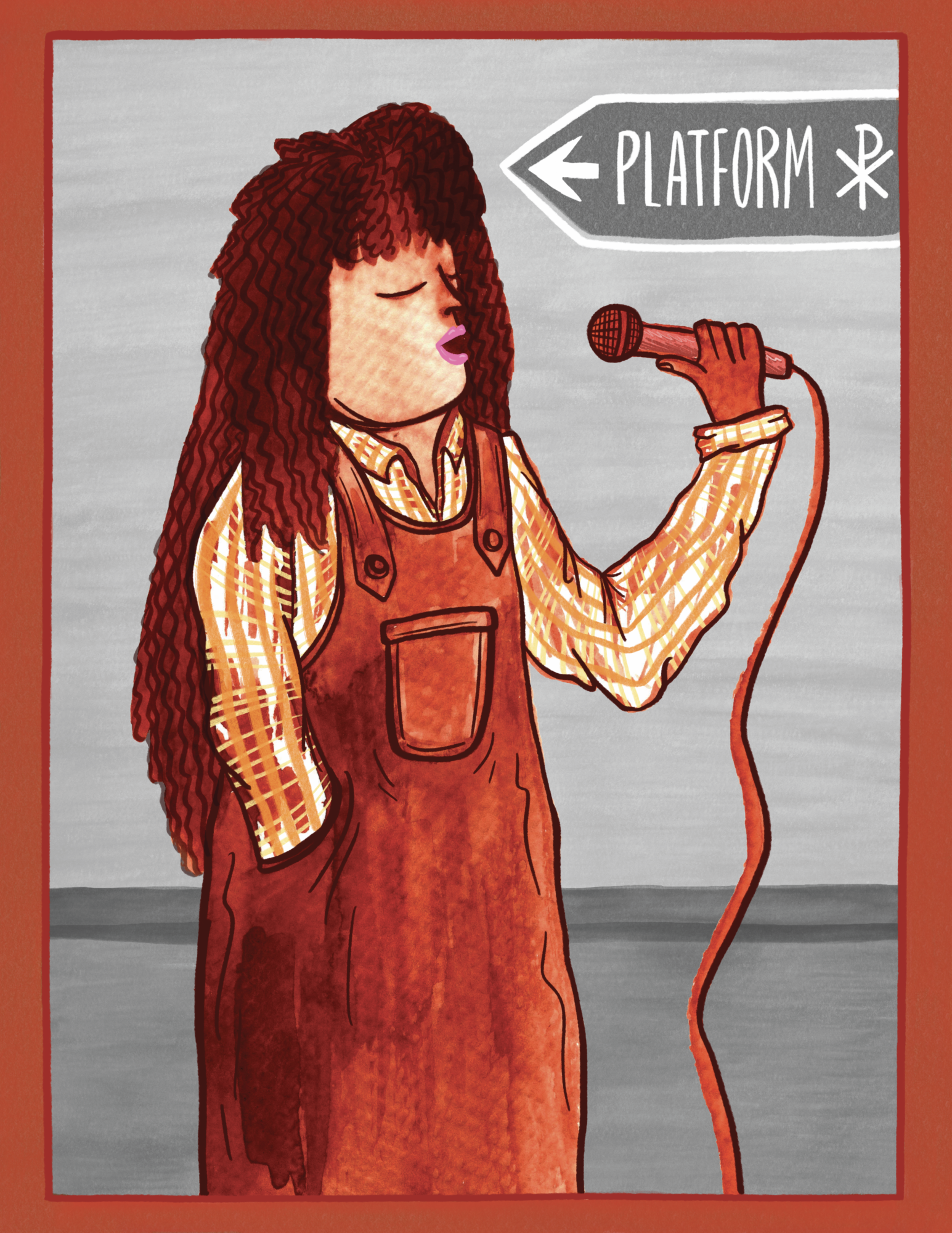
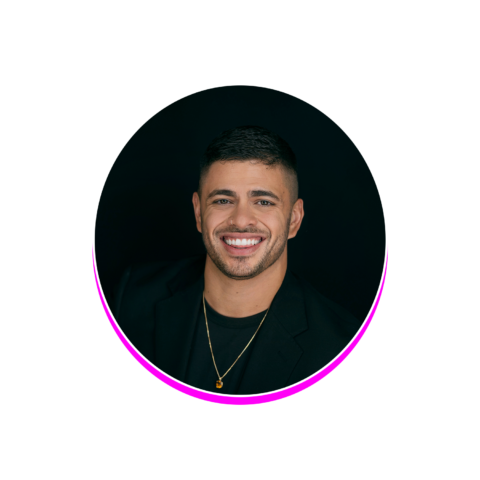
Emphasizing his lament with poetic reprisal, Joel echoes the at times inarticulate cries of Jeremiah’s lamentations. The devastation is widespread. Where one travesty ended, another began, and so on and so forth. The land, the nation, is ravaged. In quick succession, Joel begins to lay out the horrors. Crying out, lamenting, screaming, sheer hysteria is all that is left. Too much has been lost to be formal. We have come too far down the ordeal path to perform niceties. We’ve endured and are enduring too many traumas to remain wedded to acceptable rhetorical flourishes of established and approved homiletical traditions. Perhaps a time for dialogue and diplomacy will return, but the moment for that has passed, for everything is devastation. But more than just the
More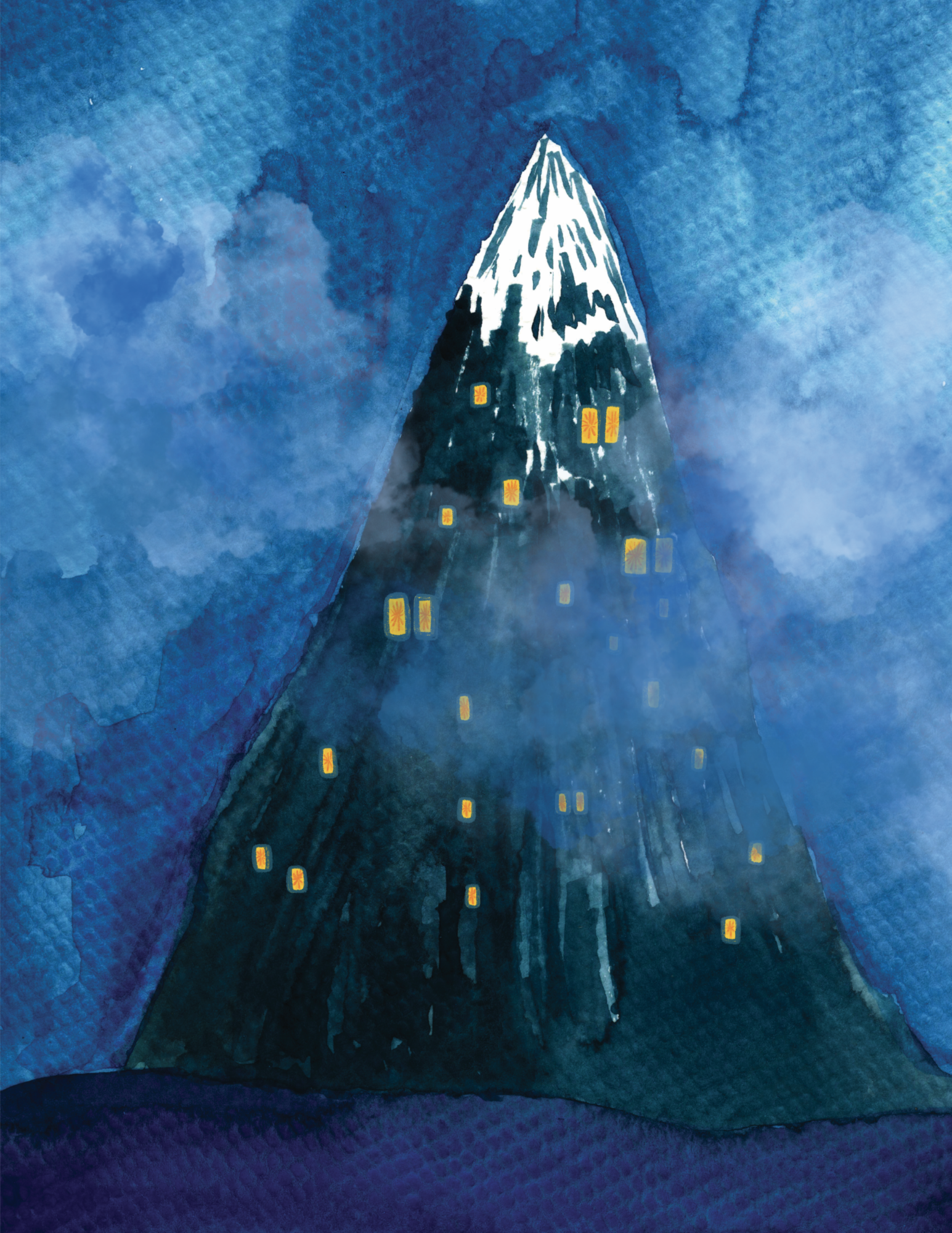

Obadiah addresses a time of crisis and chaos for the people of Judah. The Babylonians invaded Judah, destroying Jerusalem, its temple, and its political hierarchy. The Judean people were captured and held by force in a land that was not their own. A third group of people, those of a nation called Edom, stood by while the Babylonians oppressed Judah. They participated in the looting and destruction. These Edomites and their passive complicity are the objects of Obadiah’s anger.
More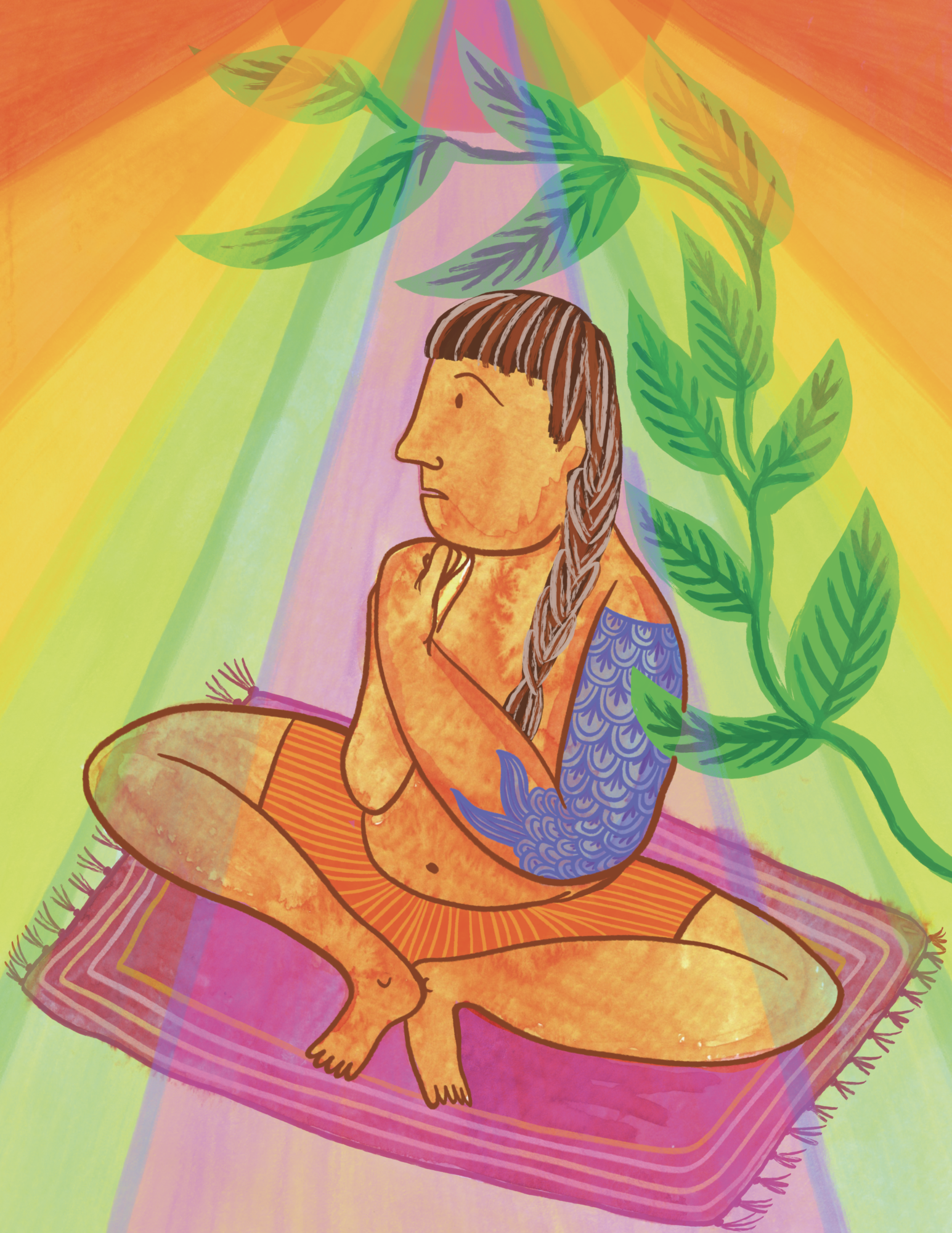

The narrative logic of the book of Jonah resembles that of a dream, or a surrealist novel. God tells Jonah to get up and go to the city of Nineveh and ‘proclaim against it’. Instead, Jonah flees in the opposite direction and gets on a boat to Tarshish. A storm comes up and all the sailors on the boat pray to their gods to no avail. Finally, Jonah confesses that he might be the problem and they throw him overboard. He is swallowed by a giant fish. While inside the fish, he very poetically praises God and asks to be freed. After three days, the fish spits him out on dry land (conveniently closer to Nineveh). God tells him again to go tell the Ninevites
More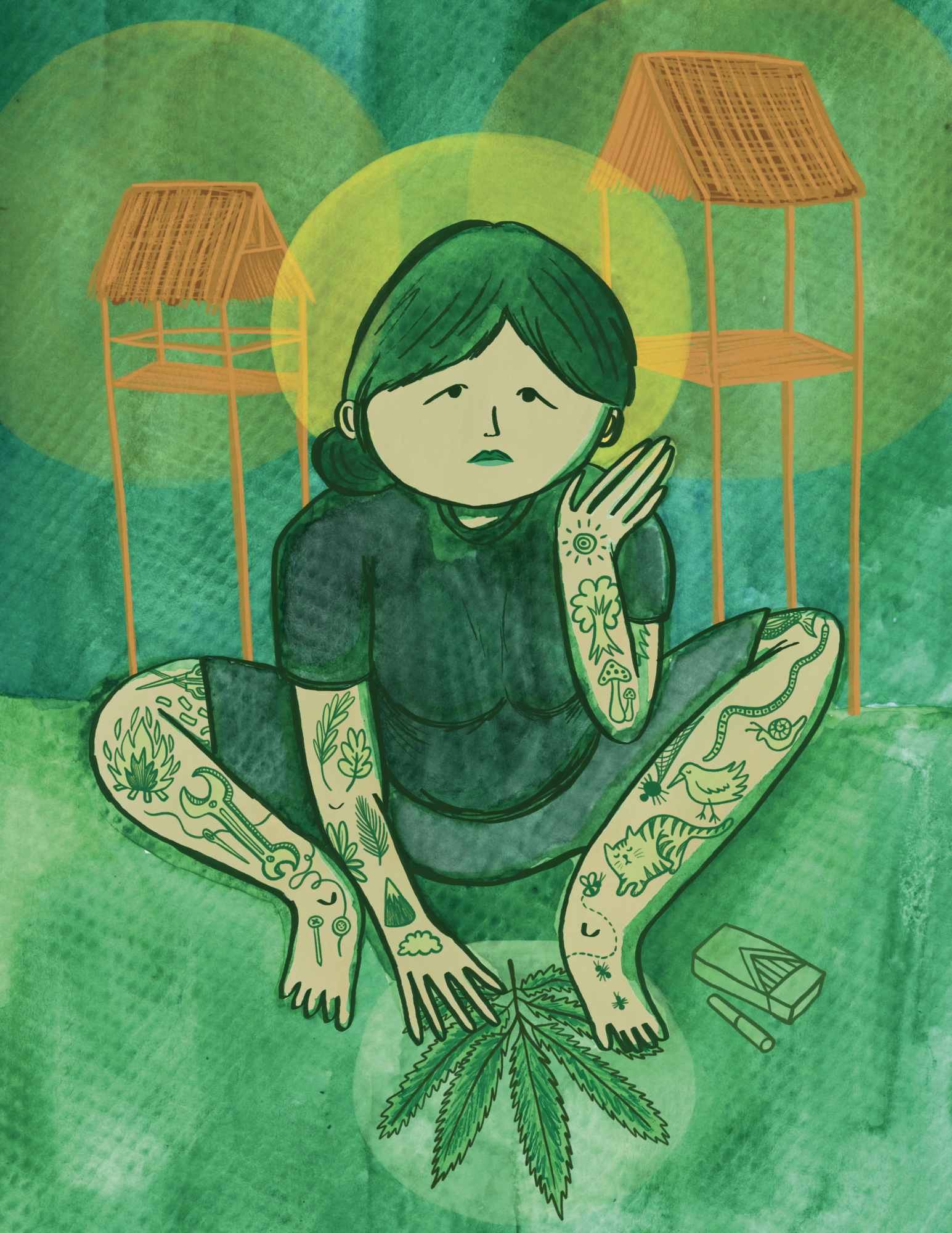

A few weeks ago I took several sheets of brightly coloured paper and wrote out Micah 6:8, putting one word on each of the sheets of paper. I then hid the pages around the sanctuary of the congregation I serve. When the time came during the service for the children to gather at the front, I invited them to run around the sanctuary and find the sheets of paper. When they returned to the front, we put the words in the correct order and learned this well known, beautiful, and challenging Bible verse together.
More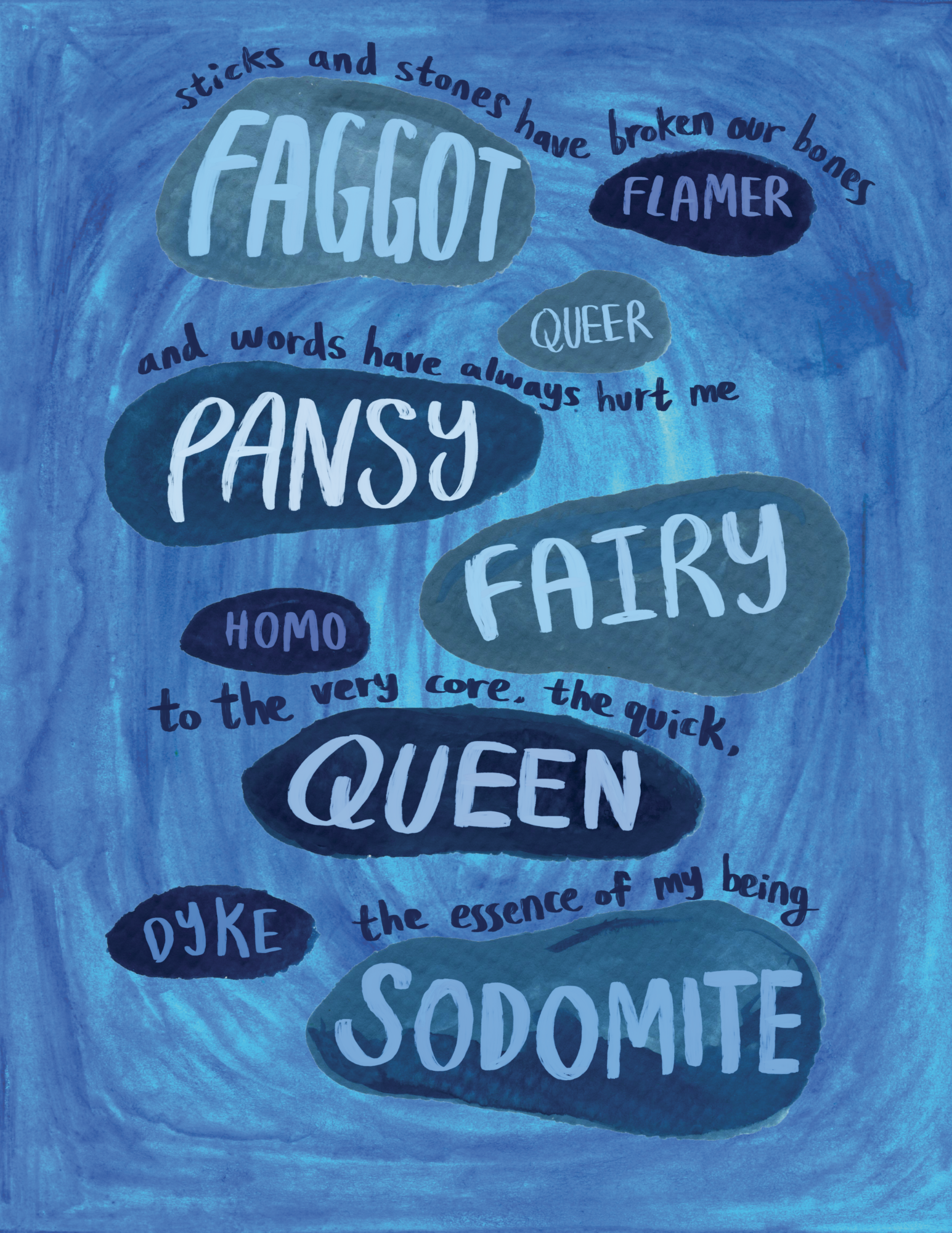
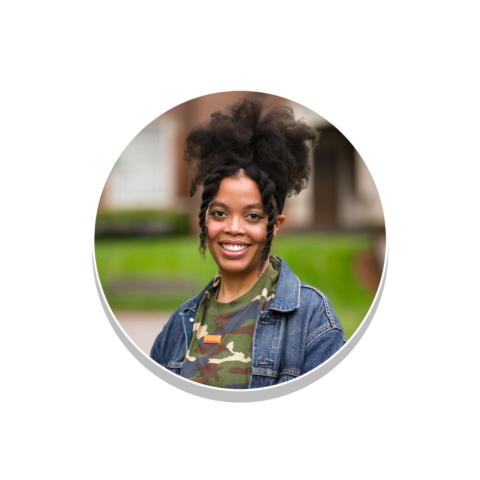
I am Black. I am a woman. I am queer AND I am Christian. While I grew up in a Black Presbyterian church that felt affirming to all of my identities, I now know that Christianity is often the guise for much of the institutional and interpersonal violence that marginalized communities experience. Toxic theology has been the justification or at least the underpinning for horrid acts of violence throughout our histories- colonization, chattel slavery, lynchings, and rape culture. One of the results of this theology has been the stripping of women, trans men and non-binary people’s right to bodily autonomy, particularly seen in the countless murders of LQBTQIA people. There are those who swear falsely by the Lord’s name and declare that queer people and
More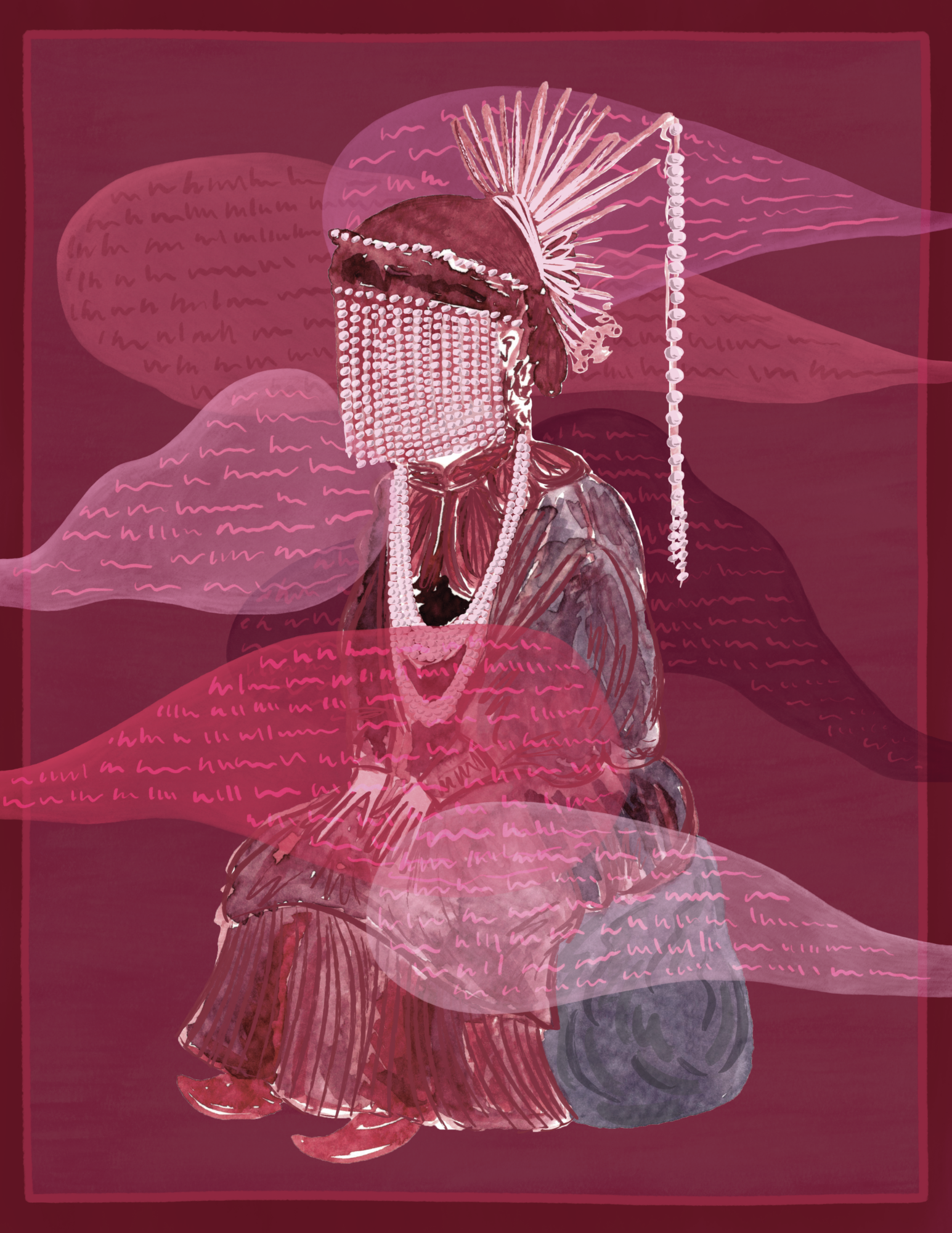

Nahum may very well be the queerest book in the Bible, because hardly anybody knows what to do with it. Frankly, I had no idea what was in the Book of Nahum until I took my first Hebrew Bible course in college. I vaguely remembered from Confirmation class that Nahum is a “Minor Prophet” in the Protestant canon, but my knowledge ended there. Nahum is one of those books that eludes Sunday School curricula, liturgical use, and people’s personal interest. It’s not even in the Revised Common Lectionary! Francisco O. García-Treto remarks, “The absence of Nahum from the lectionary presents an implicit confession that Nahum is a book that makes the church uncomfortable, one that it seldom, if ever, opens”
More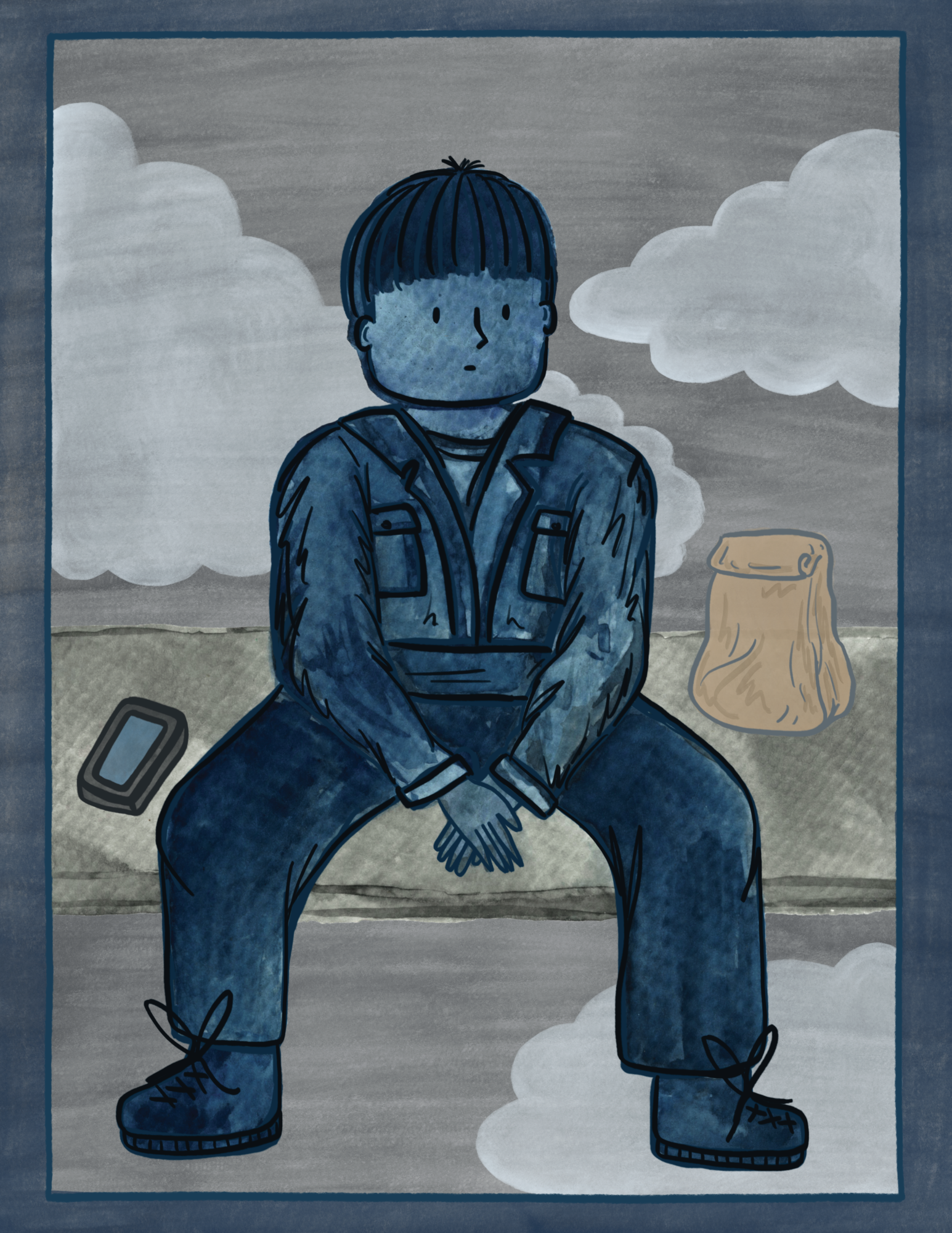

One of my strongest memories of my paternal grandmother is sitting with her at the piano, listening to her play and sing her favorite songs. She had a soft spot for love songs, and she taught me how to plink along to “Heart and Soul” almost before I could read. The majority of her repertoire, though, was made up of hymns. She sang “How Great Thou Art,” and “Just a Closer Walk with Thee,” and “What a Friend We Have in Jesus” in such a heartfelt way, eyes closed and head raised as her hands played over the keys, that I now feel those tunes imprinted somewhere underneath my skin. My grandma’s faith was the center of her life, and church was always the center
More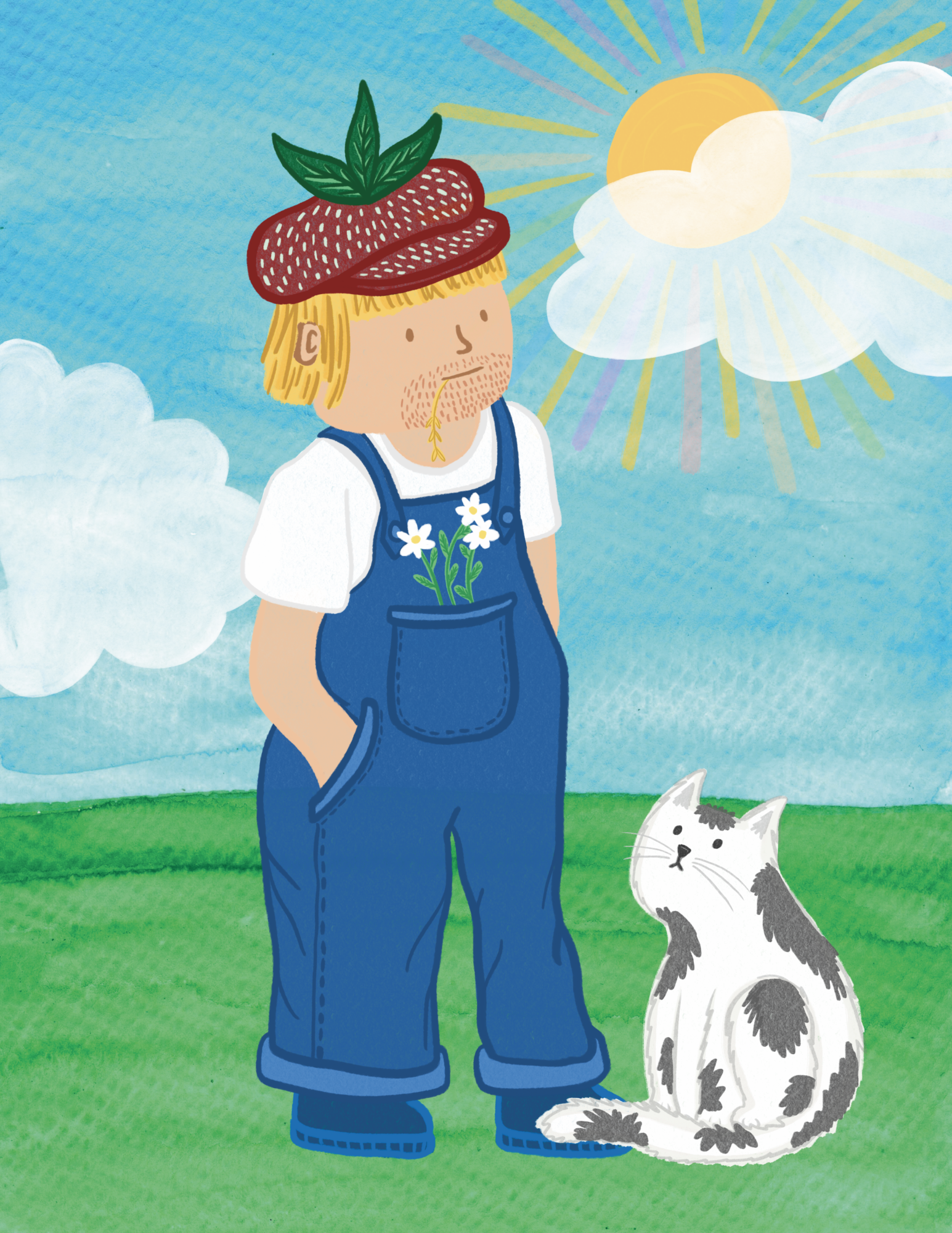
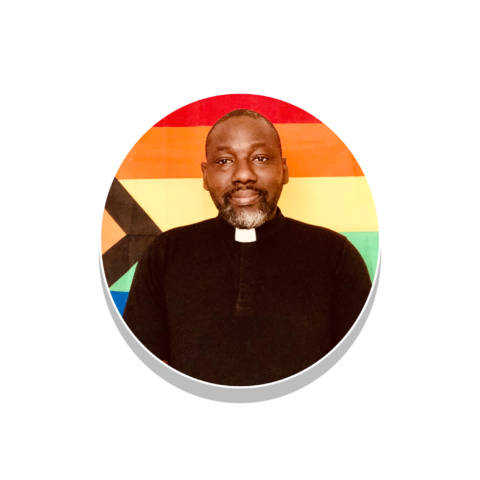
Who is Zephaniah? Zephaniah was the son of Cushi, a descendant from the tribe of Judah. The ninth of the minor prophets. In the Old Testament and particularly the Prophets, they are often descendants from generations of Prophets. Zephaniah, had the command of prophetic language and his serious warnings were given to the people.[ii]The book of Zephaniah spoke directly, intensely and unequivocally about the justice of God and yet gave hope to those marginalised and any who will repent.
More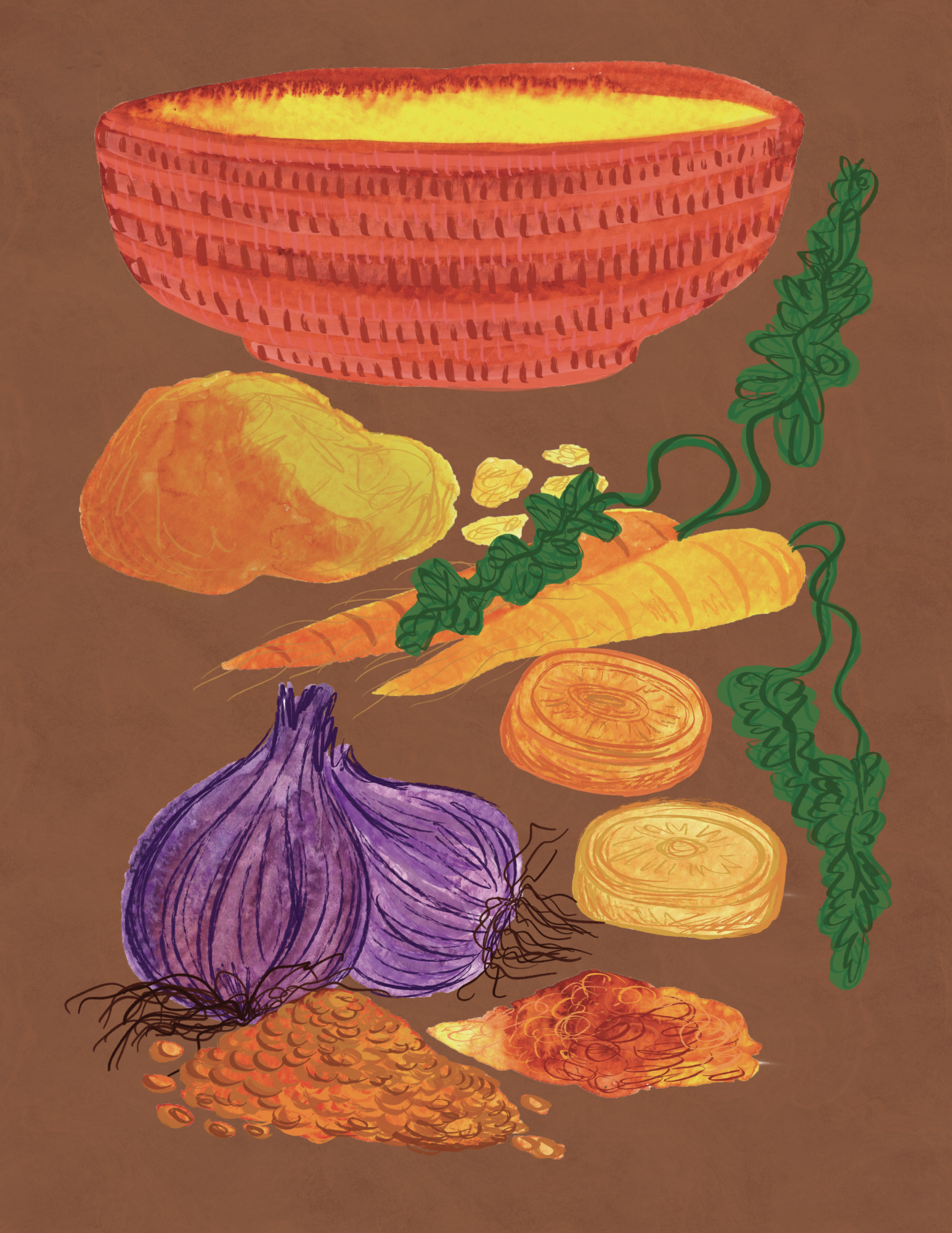
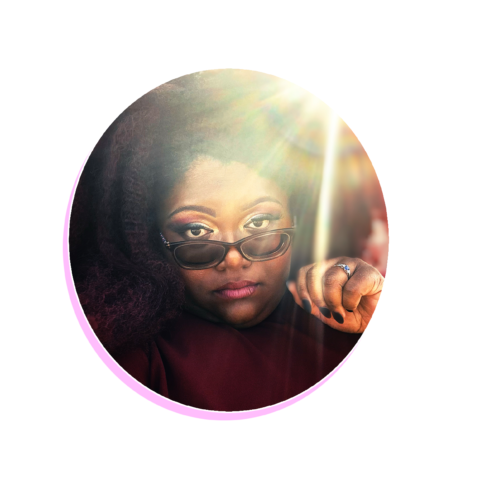
The increase in intensity and amplification of the spiritual volume I felt around this thought stayed with me as I prayerfully read the book’s text. Sitting with Habakkuk’s three chapters helped me see that there is absolutely an interplay between possessing a prophetic and queer identity because these two orientations work towards the same ends. That’s because at the heart of both queerness and the prophetic nature lies a yearning to create space for knowing, subvert normativity, and open up possibilities for connection and care.
More

Amos
Amos is one of the more obscure books of the Bible: Amos does not tell the story of the creation of the universe like Genesis nor offer the exquisite poetry of the Psalms; and yet, there is much in Amos to ponder, especially for members of the lesbian, gay, bisexual, transgender and queer (LGBTQ) community. I was raised in a Christian fundamentalist household and grew up hearing countless Bible passages read in church, including those in Leviticus and Deuteronomy so often cited by fundamentalists to condemn homosexuality and transgender people. It is worth noting that the book of Amos cites the story of Sodom and Gomorrah that is a central feature of homophobic interpretations of Leviticus.
More
Unbound Social